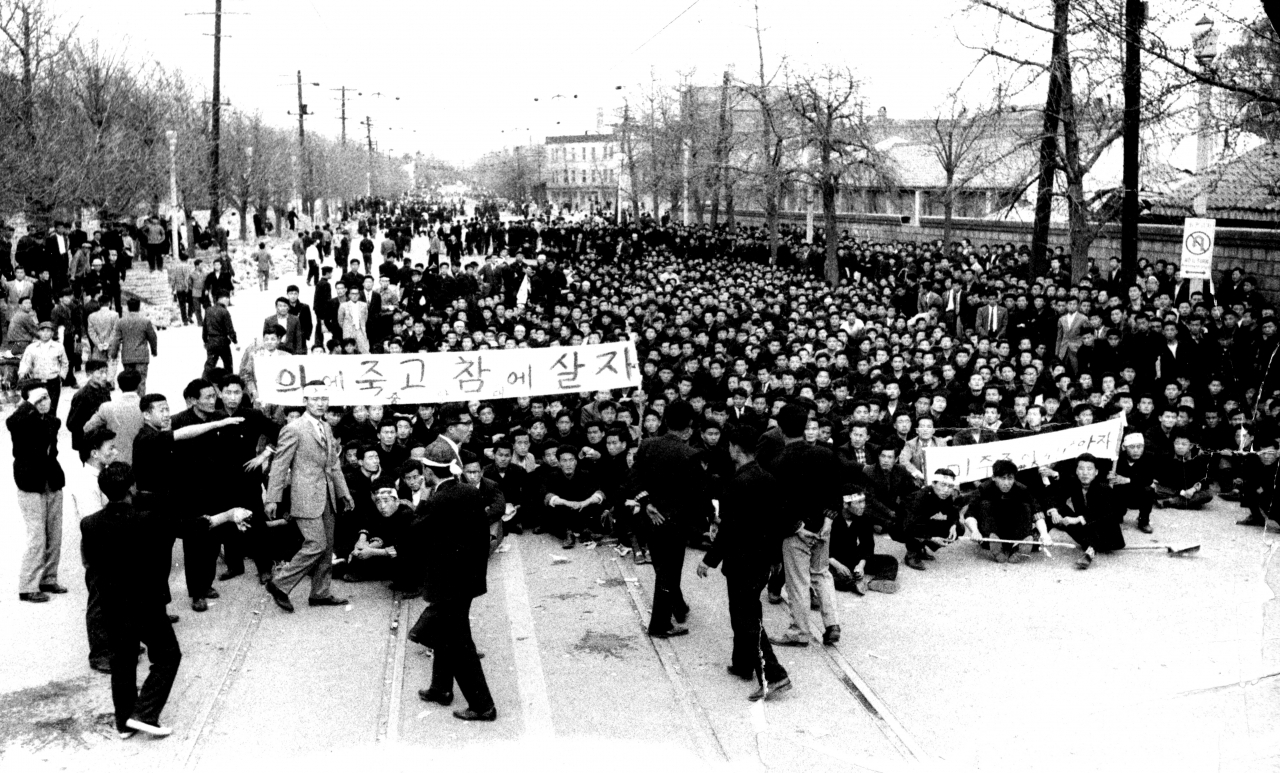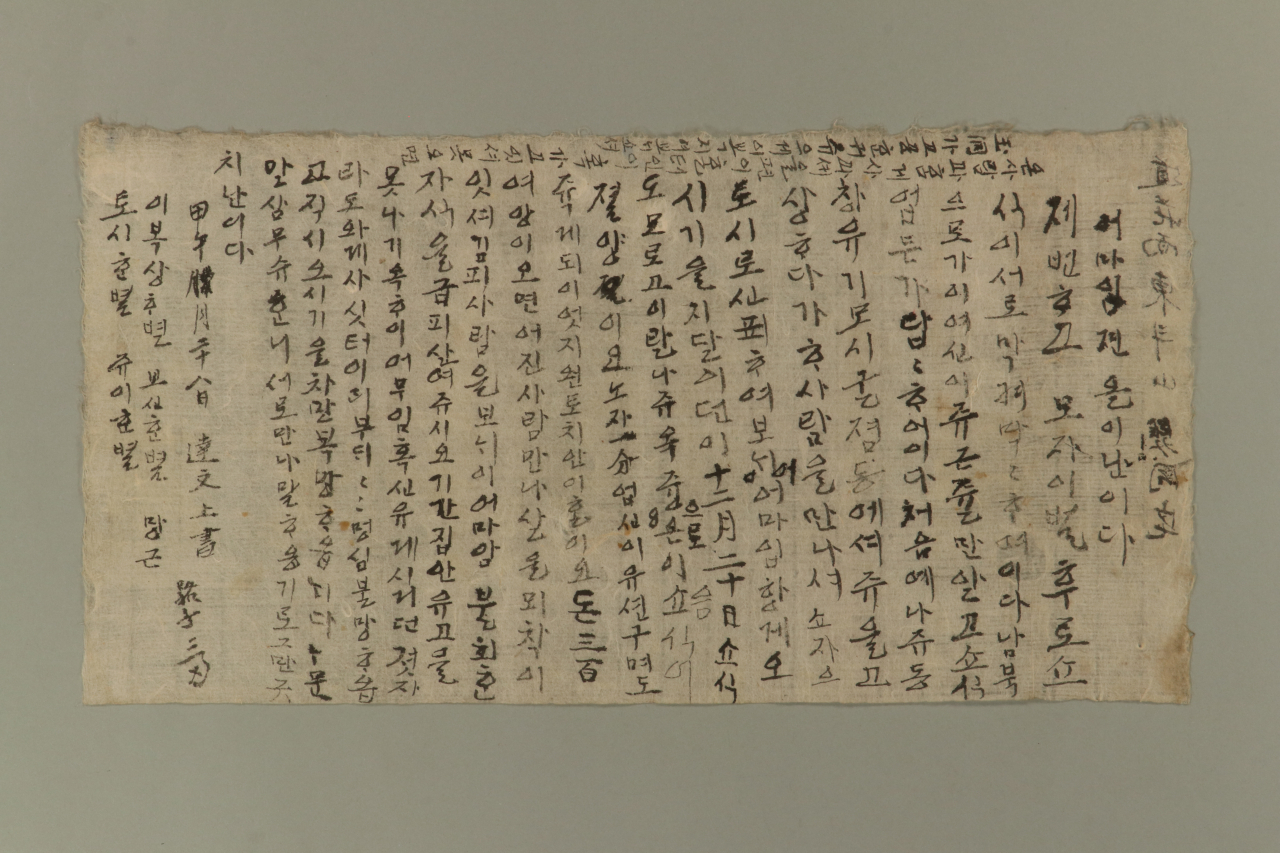Archives of Korea’s grassroots revolutions added to on UNESCO Memory of the World register
By Kim Hae-yeonPublished : May 19, 2023 - 16:32

Two historical archives on Korea's historic grassroots revolutions -- the archives of the April 19 Revolution in 1960 and archives of the Donghak Peasant Revolution in 1894 -- were added to UNESCO's Memory of the World register Thursday, according to the CHA.
The final decision was made during UNESCO' 216th executive board meeting, which is being held in Paris from May 10 to 24.
The two historical events are widely recognized for their substantial contributions to the democratization of Korea.
The archive of the April 19 Revolution is an extensive collection of 1,019 documentary materials on the student-initiated pro-democracy movement that erupted in the spring of 1960. The uprising became a cornerstone in ending the dictatorship of president Syngman Rhee.
The records depict the origin and progress of the revolution, along with the subsequent post-revolutionary management. They encompass a wide range materials, including materials from government agencies, the National Assembly, political parties, media articles, personal accounts, investigative reports, photographs and videos.
The archive of the Donghak Peasant Revolution is a collection 185 items associated with the revolution that occurred from 1894 to 1895 during the Joseon era.

The records consist of a comprehensive collection of 185 documents that pertain to the rebellion against the pervasive corruption within the ruling class, in pursuit of a just and equal society. The civil movement was led by armed peasants and followers of the Donghak, an academic movement of Korean Neo-Confucianism founded in 1860.
This marks the first time in six years that South Korea's documentary heritage has been listed.
With the latest inclusion, there are now 18 South Korean items on the UNESCO Memory of the World list.
Three records were registered in 2017 -- a royal seal and an investiture book collection of the Joseon Dynasty, archives of the National Debt Redemption Movement from 1907 to 1910 and documents on Joseon Tongsinsa, diplomatic missions dispatched from Joseon to Japan between 1607 and 1811.







![[KH Explains] Hyundai's full hybrid edge to pay off amid slow transition to pure EVs](http://res.heraldm.com/phpwas/restmb_idxmake.php?idx=644&simg=/content/image/2024/04/18/20240418050645_0.jpg&u=20240419100350)







![[From the Scene] Monks, Buddhists hail return of remains of Buddhas](http://res.heraldm.com/phpwas/restmb_idxmake.php?idx=652&simg=/content/image/2024/04/19/20240419050617_0.jpg&u=20240419175937)

![[KH Explains] Hyundai's full hybrid edge to pay off amid slow transition to pure EVs](http://res.heraldm.com/phpwas/restmb_idxmake.php?idx=652&simg=/content/image/2024/04/18/20240418050645_0.jpg&u=20240419100350)

![[Today’s K-pop] Illit drops debut single remix](http://res.heraldm.com/phpwas/restmb_idxmake.php?idx=642&simg=/content/image/2024/04/19/20240419050612_0.jpg&u=)